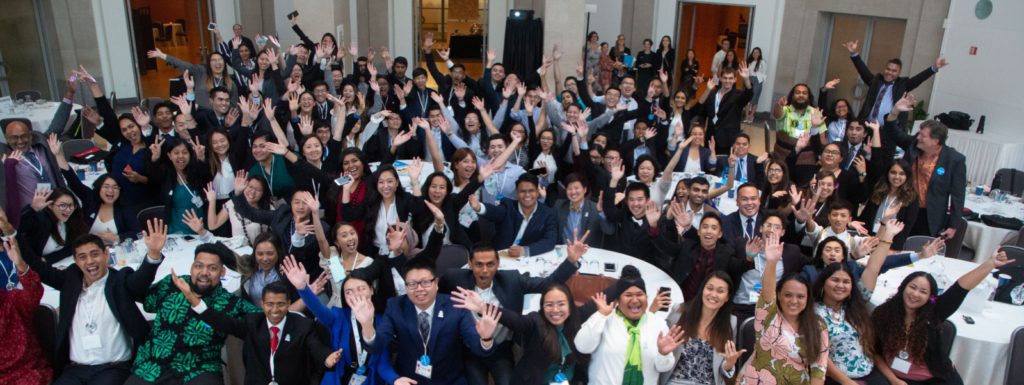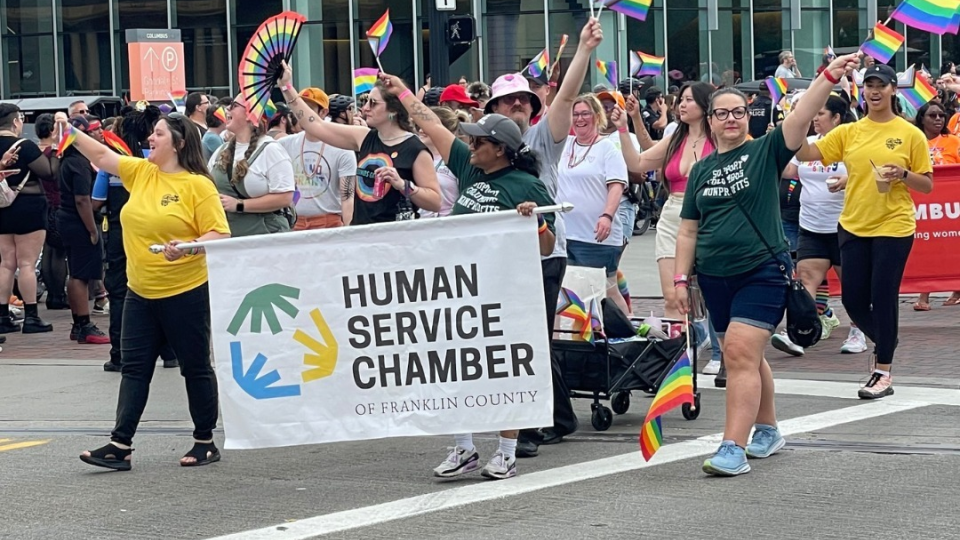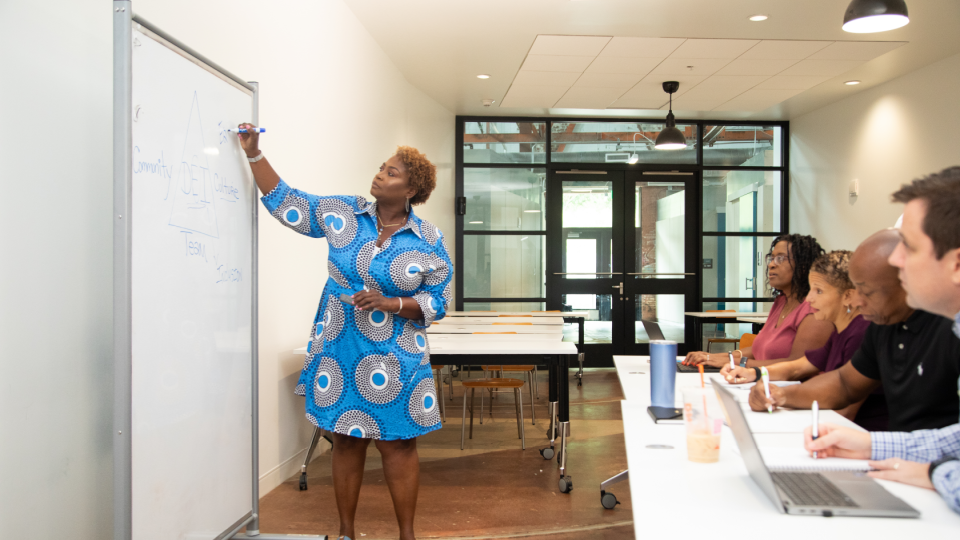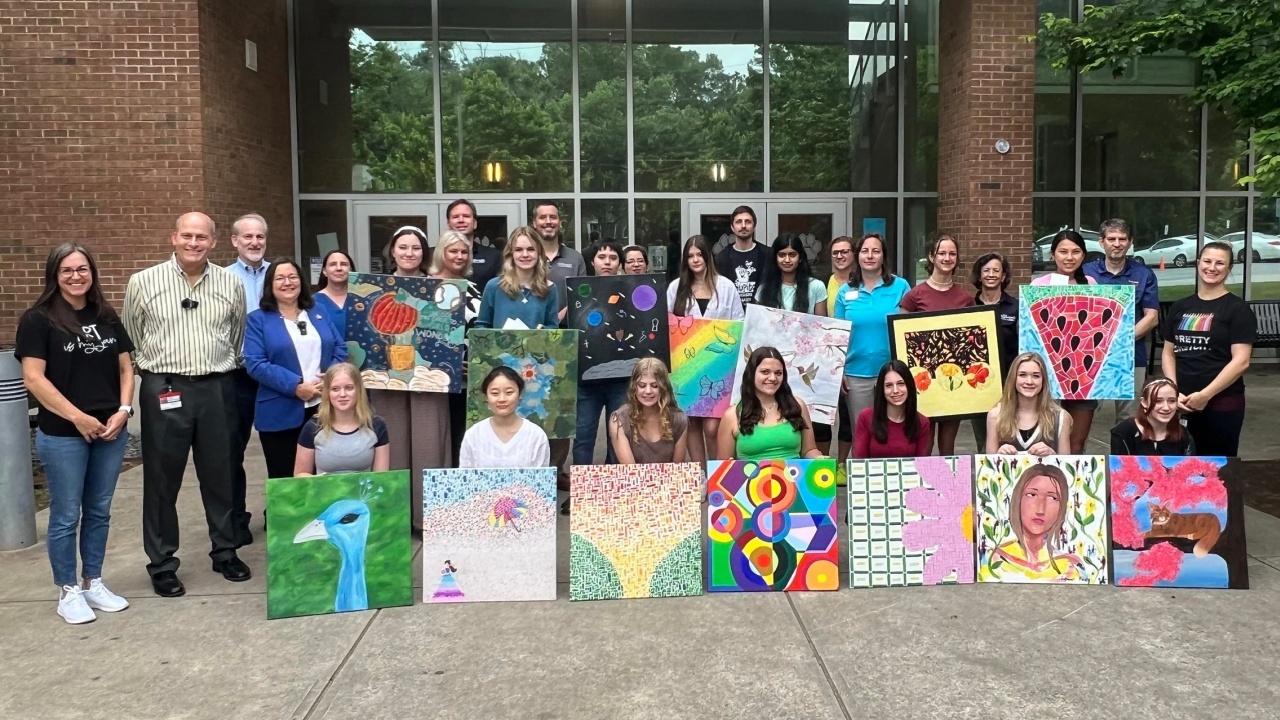Noël Harmon, PhD, president and executive director of Asian Pacific Islander American Scholars (APIA Scholars), believes that all Asian and Pacific Islander Americans should have access to higher education and resources regardless of their ethnicity, national origin, or financial means. This purpose, now upheld by Dr. Harmon’s leadership, led to the founding of APIA Scholars in 2003 and the beginning of a coordinated effort to provide Asian and Pacific Islander American student scholars with the opportunity to access, complete, and succeed after post-secondary education.
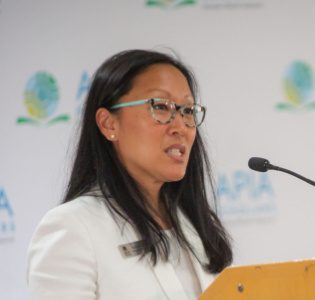
Noël Harmon
Created by a group of corporations, APIA Scholars, an Independent Sector member, is a Bill & Melinda Gates Foundation partner and recipient of a multi-decade grant from the Gates Millennium Scholars Program, alongside partners at UNCF, the Hispanic Scholarship Fund, and the American Indian Graduate Center. In June, MacKenzie Scott and Dan Jewett announced they were contributing to APIA Scholars.
“One of our constant challenges has been to establish the fact that the Asian population has needs – expansive needs,” says Dr. Harmon. “People still think of the Asian community as being very homogeneous, and do not consider the huge disparities among the community. With more than 48 different ethnicities within the Asian community, 300 different languages spoken, and more than 16 different countries, the needs are extremely diverse.”
“At APIA Scholars, we are focused on helping students to navigate the college experience, including both the academic and socio-emotional aspects. Many of our students are first generation, from an underrepresented group, and living below the poverty line. In these cases, we find that students struggle to navigate the college experience. APIA Scholars steps in to help close some of those gaps.”
Closing the Gaps
College is difficult to navigate in and of itself, but communities of color often experience stereotyping, isolation, and bias. Additionally, traditional college-aged students experience developmental milestones, including exploring their identities, which may include race, ethnicity, gender, sexual orientation, first-generation status, income levels, and other statuses. Atop of these development changes and experiences, students are also exploring their career paths. APIA Scholars partners with its students to support their journeys and ensure that they feel connected, prepared, and successful during their college years.
“We’re working with a number of partners to build a college pipeline to various industries. We work with United Health Foundation to make sure we have an Asian talent pipeline going into the health care field. We do the same with organizations like Wells Fargo, which is one of our funders. You hear ‘Wells Fargo’ and think of a bank. But Wells Fargo is interested in exposing students to a wide variety of career paths in their industry,” says Dr. Harmon.
“And very similarly with Disney and Coca Cola, who have lawyers, accountants, and folks from many different disciplines working inside of their companies. We’re helping our students not only make choices for themselves, but also connect with different industries that are committed to advancing a more equitable workforce.”
COVID-19: Challenges and an Unintended Positive
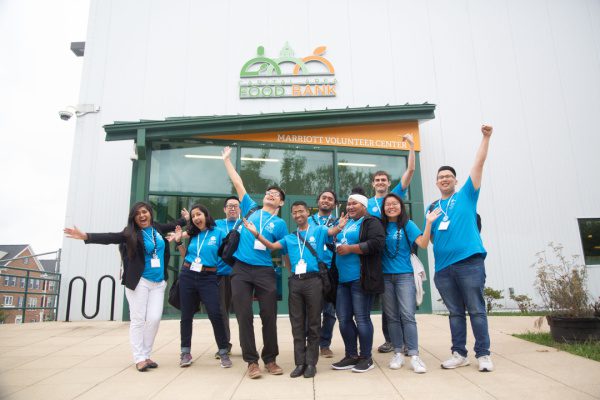
Photo courtesy of APIA Scholars
APIA Scholars shares at least one similarity with just about every other nonprofit organization: COVID-19’s impact on their ability to carry out their mission.
Like every other organization, APIA Scholars had to pivot to a remote environment in March 2020. APIA Scholars used Zoom to stay connected with its student population, struggling at first with how to use it, and not knowing whether their students would attend virtually. But Dr. Harmon was pleasantly surprised.
“We had full attendance. At our Elevating Leaders Summit, typically held in-person, students stayed with us all day for our four-day program. I was just very impressed,” she says. “By the summer of 2020, many were starting college from their homes, and it was really nice to give them a chance to meet other students across the country who were experiencing the same things they were.”
Dr. Harmon says that APIA Scholars became a connector and vehicle for students to meet one another – an unintended positive outcome that occurred during the pandemic and simultaneously advancing mental health awareness and wellness for students.
“We thought about taking on ‘mental health’ as a core focus area before COVID, but it’s such a taboo topic in Asian culture, as with many other cultures and communities. After a year of COVID, depression was a topic that many scholars readily identified with, and it was really important to me that we focus on how to serve and connect students to the services they need,” she says.
“We’re not a mental health provider, but we can connect students to services. We partnered with a mental health care app called META and leaned heavily on our partnerships with AANAPISIs (Asian American Native American Pacific Islander Serving Institutions), which are a federally designated Minority Serving Institution like HSIs and HBCUs to deliver and reach mental health solutions to as many students as possible.”
“We took on a challenge that was unexpected and certainly exacerbated by COVID and really thought about ways to facilitate a connection between the student and the services they needed.”
Inclusion Important in the Equity Conversation
With Independent Sector’s focus on health, in all its forms, and racial justice, Dr. Harmon welcomes the opportunity to be included in the equity conversation. “I don’t think it’s an intentional thing, but I don’t think the Asian community is often thought of as being part of this really crucial conversation,” she says.
“It’s not just something that should happen when something tragic occurs, like the Atlanta shootings. We’ve been in lock-step with the Black community since the civil rights movement, we’ve been part of major movements around racial equity, but we’re not always recognized as having been there, or having contributed, or being part of the good fight. And so, as we grapple with so many issues in the United States, thinking inclusively is so, so important.”
The top photo is courtesy of APIA Scholars. Learn about other Independent Sector members and becoming a member.
